Human beings are social animals, which is why we need to live in close contact and establish bonds with those around us. As we build our relationships in the world, there are certain values that serve as our guides, which here we call Comprenhension, Commitment and Companionship. These are the values we employ to guide us on our way forward and as we try to make a contribution to the improvement of society.
-
ComprehensionComprehension
Understanding the World
-
CommitmentCommitment
Commitment to the Community
-
CompanionshipCompanionship
Companionship and trying to involve people
Comprehension - understanding the world, understanding the reality faced by people in situations different to your own, understanding that each of us can help to make society better: this is what comprehension is; such understanding is fundamental to building relationships with others.
At the University, one of the ways in which we view education is in terms of two simple but powerful concepts: learning and service. As Saint Gregory the Great said, “those who have art and skill should do their best to share the use and utility they derive from them with their neighbours.”
Sometimes, our neighbours are not necessarily those who are closest to us in spatial terms. That is why Raquel, a young Medicine student, did not hesitate to take the opportunity to take part in a volunteering mission to the Philippines which her lecturers had organized. She spent her time there drawing on the knowledge and skills she possessed to provide medical care to those living in poverty. This mission demonstrated to Raquel that studying Medicine is about much more than just working hard to pass exams: it is about taking care of those in need. And she also learnt that, when you devote time to help others, sometimes you get back much more than you give.
Understanding the needs of others leads us to devote our time to those who need it. That is why a group of students and lecturers from the Department of Education Science travelled to Nicaragua, moved by their conviction that the real meaning of their profession would be revealed by using their knowledge and skills to try to improve the world we live in. During their time in Nicaragua, the volunteers worked with children, families and other teachers. This mission provided participants with great personal satisfaction and it is a great example of what having a vocation really means: putting yourself at the service of those in need.
These are the kind of experiences which can change lives and help us to understand that there are people living in very different circumstances to ours. That is what the lecturers and students from the Faculty of Veterinary Medicine say after their volunteering experience in Malawi, where they travelled with the aim of improving livestock production and of providing training to livestock farmers there.
“The first time you travel to Africa you want to change the world in a week, but then you learn not to judge and you start celebrating the small steps forward.”Daniel Garijo, from the Universidad CEU UCH Languages Service and a volunteer on the Vets for Africa mission.
Our students’ vocation for their profession and their real desire to make the world a better place are the foundations which the “service-learning” approach is based on, moving students to take part in volunteering projects such as “Free Design Bank” and “Compartir sonrisas en Senegal” and many others. This is more evidence of how they understand that the knowledge and skills they acquire during their degrees can help them to improve the world around them.
“We can never give as much as we receive” Rogelio Álvarez, a Dentistry student and a volunteer on the “Compartir sonrisas” mission to Senegal.
Commitment to the community. Learning the profession and understanding what life is, playing a full role in it, and doing so with open arms, while making a real difference through one’s knowledge and skills. That is what the education we provide means: our graduates are professionals ready to act in the real, diverse world.
That is what Daniela did when she took part in one of the volunteering projects run by the Chair of Solidarity, giving English classes to children from vulnerable families. This stint as a volunteer was what led her to decide to focus her career on raising awareness in children of the importance of dental health, thus putting her dentistry knowledge and skills at the service of the community.
What makes real professionals stand out is the ability to comprehensively understand the value of their profession, basing this understanding on the values that define us as human beings. And it is with this idea of the comprehensive training of high-quality professions in mind that the University’s volunteering projects have been set up: we want to reach out to the community and facilitate companionship with a wide range of social groups.
The University’s different faculties launch initiatives which draw on the must human facets of the related professions, enabling students and lecturers to devote time to interact with real people on the ground and to put their knowledge and skills at the service of others.
This is the inspiration behind our volunteering projects, including providing companionship to elderly people and those with a disability. The Vice-Dean Loreto Peyró and five Nursing students, Marina, Ana, Elena, Carly and Marta, have provided companionship and basic care in the Casa Asilo de las Hermanitas de Ancianos Desamparados and the Cottolengo care homes in Valencia.
Devoting some of our time to others is also a way to begin to understand what our professions are really about: “the spirit of service”. Rather than just sharing our knowledge, we can share our most prized possession: our time.
““Society demands that we devote time to others” Loreto Peyró, Vice-Dean of Nursing
Companionship and trying to involve everyone in what we do makes the University a place of knowledge and personal development which is open to everyone. This is the aim of the University – to be a place which brings people together and enables ideas, knowledge and viewpoints to be shared, in order to contribute to the construction of a fairer, more humane world for everyone.
This is the spirit behind the Delivering Better Lives project, which aims to improve the quality of life in children with a disability, by means of human movement analysis and promotion of physical exercise. The project is led by lecturers and students who wish to promote integration through sport.
“We hope that more and more children with a disability can find motivation in sport to help them move forward in their lives,” Javier Martínez Gramage, Coordinator of the Bachelor’s Degree in Physiotherapy
True companionship involves showing solidarity, respect, tolerance and empathy – improving and enriching us all.
In order show companionship, we have to experience the real situations of other people’s lives. With her short film ¿Lo ves?, Patty, a CEU Journalism and Audiovisual Communication graduate, shows us the real day-to-day life of people with albinism. Patty, who suffers herself from this genetic condition, reminds us of the need to dream and to realize that the only limits are the ones we set for ourselves.
Aiming for a world for everyone and in which everyone is involved means that we must look beyond ourselves, and drive initiatives which bring people together. CEU graduate Miguel Ángel showed how it is possible to achieve this with his Xmile project, a short film which can be experienced via the five senses: it can be seen and heard, but it can also be smelt, tasted and touched. It is a work created with all of our sensory capabilities in mind.
It’s a multisensory short film which has given those who cannot go to the cinema the opportunity to experience it.” Miguel Ángel.
For many years, the University has been inviting families and professionals to reflect upon those issues which concern us regarding the education of our children and their relationship with the world – as part of initiatives regarding learning how to educate and build fairer and more tolerant societies. It was as part of this endeavour that Javier Urra told us that “the essential thing in life is to share”.
Shaking hands and embracing others are some the best ways build closer relationships. Over the last seven years the Rector has signed hundreds of agreements and shook hands with representatives from a wide range of institutions, such as the Red Cross, Manos Unidas, CODIFIVA, Universia, and Fontilles. This is the kind of commitment that goes beyond mere gestures and strengthens our links with the different social groups they represent and the work they carry out.
As evidence of our longstanding commitment to promoting companionship and personal development, one only has to look at our project entitled Aulas universitarias de la experiencia (AUEX CEU), whose aim is to encourage the participation of elderly people in the university community.
We believe in people-focused projects. Do you want to know more?
Solidarity Stories
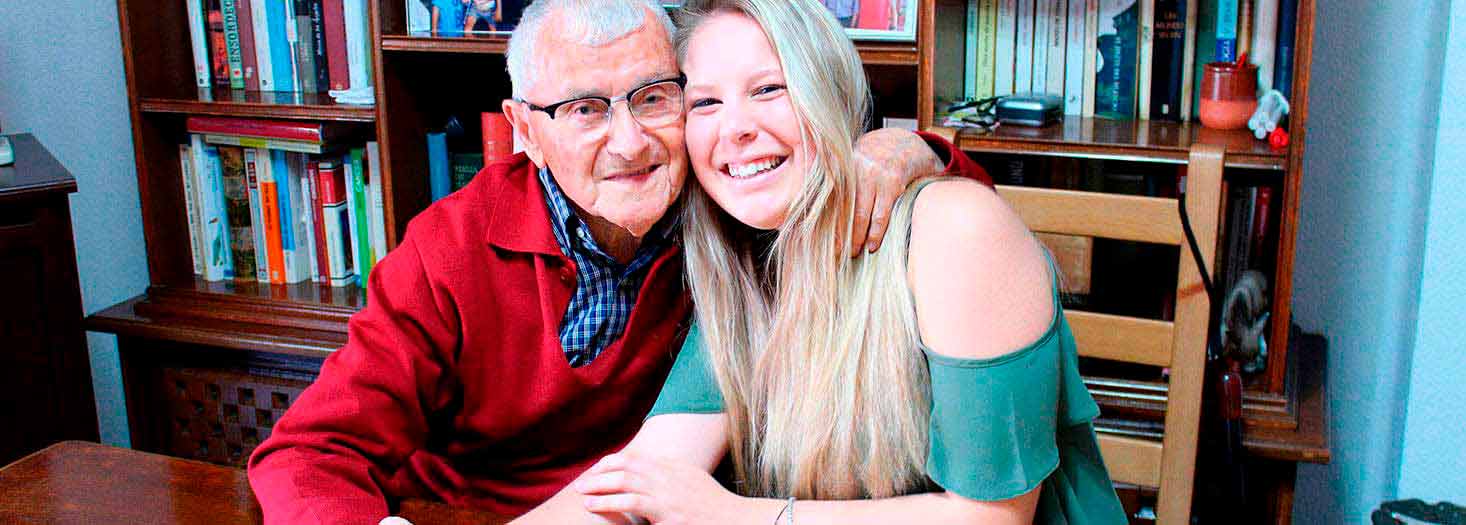
Sharing your time with older people

volunteering mission
Pixels to share
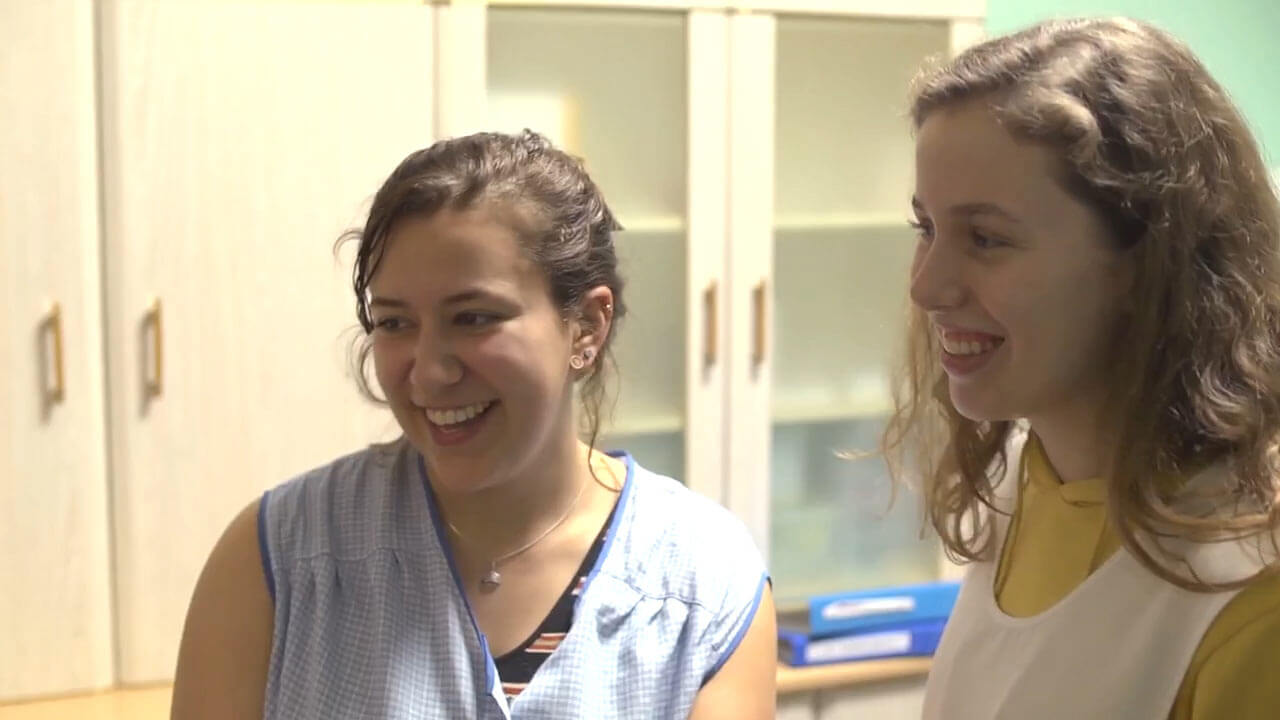
Commitment with international accent
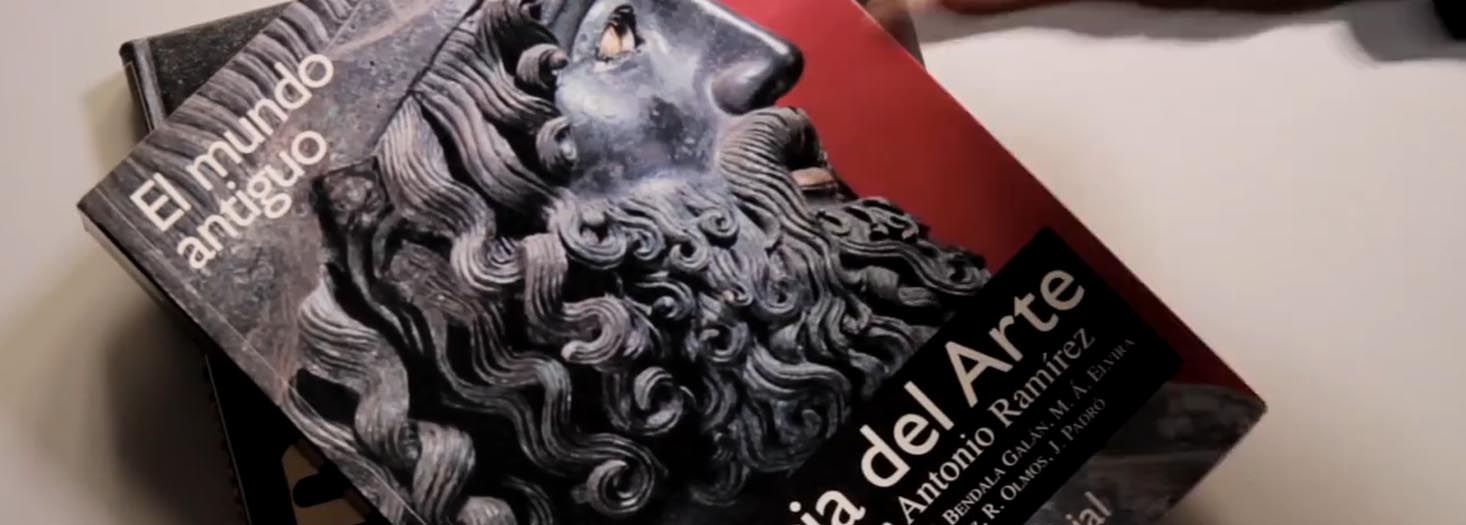
|
|

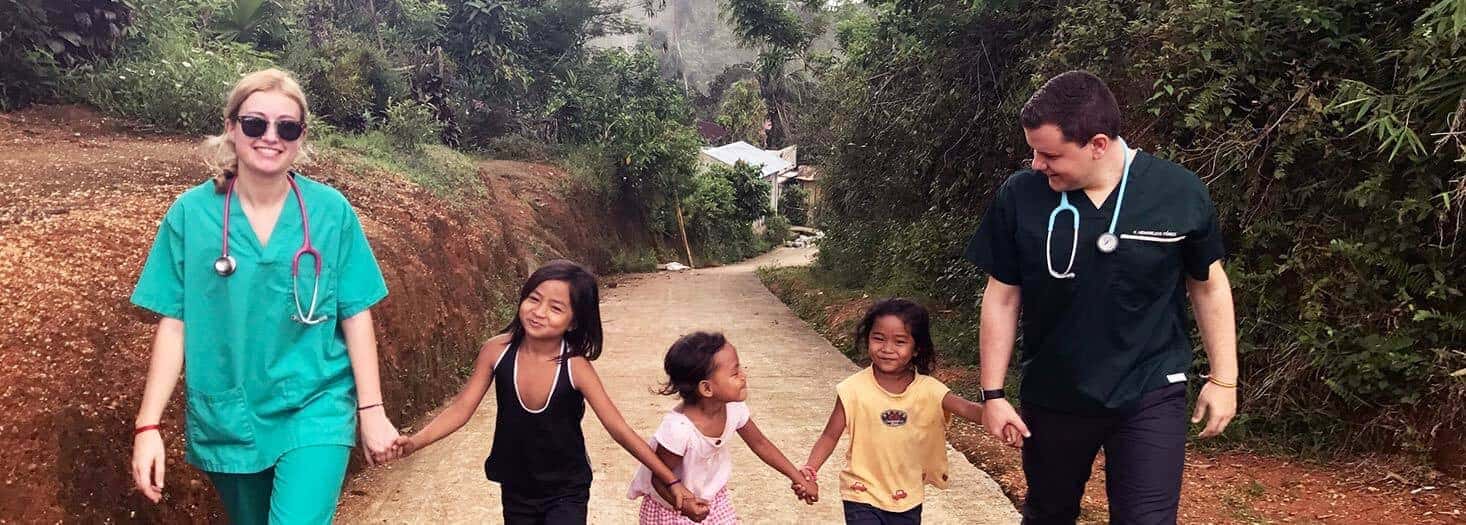
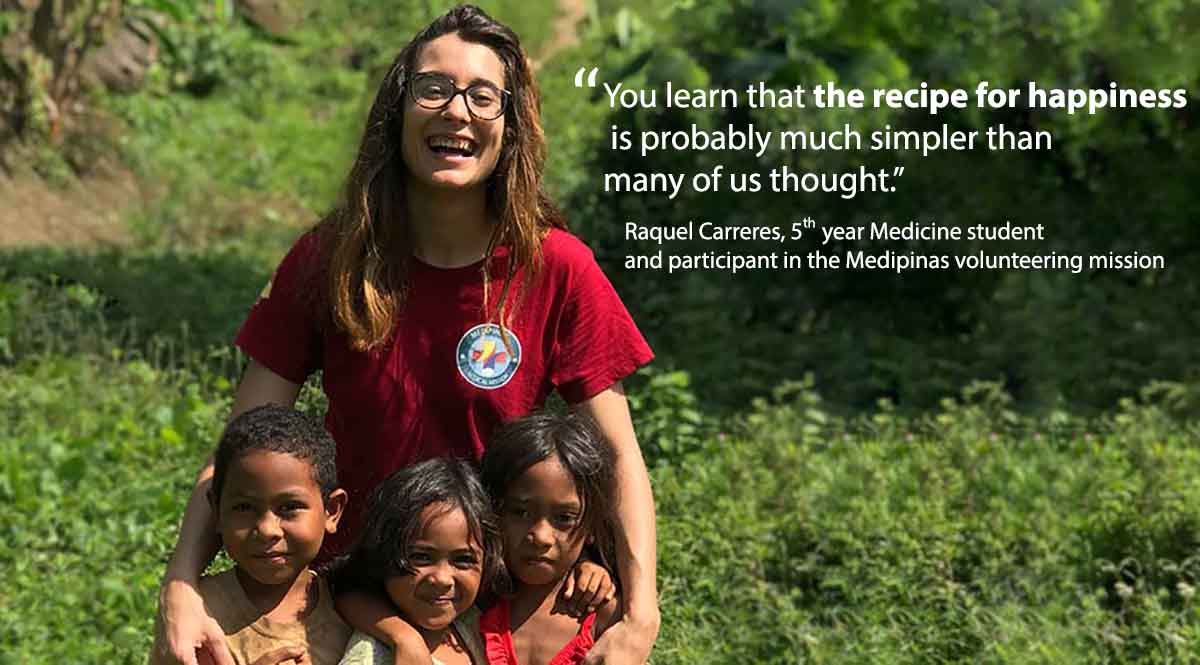
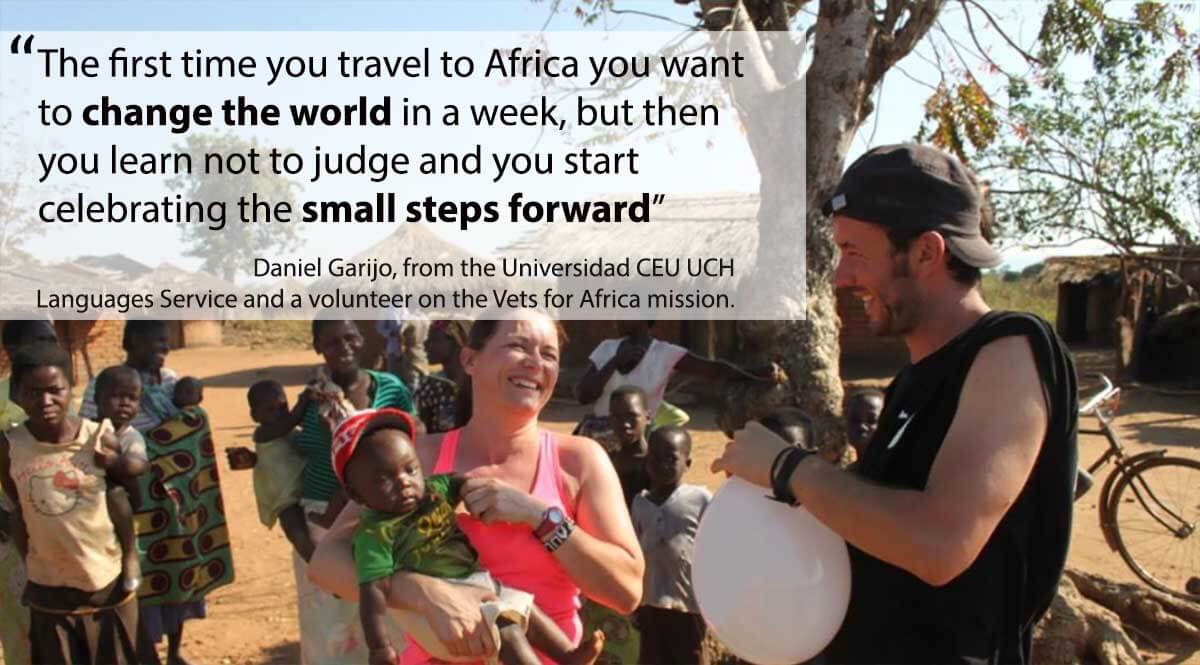
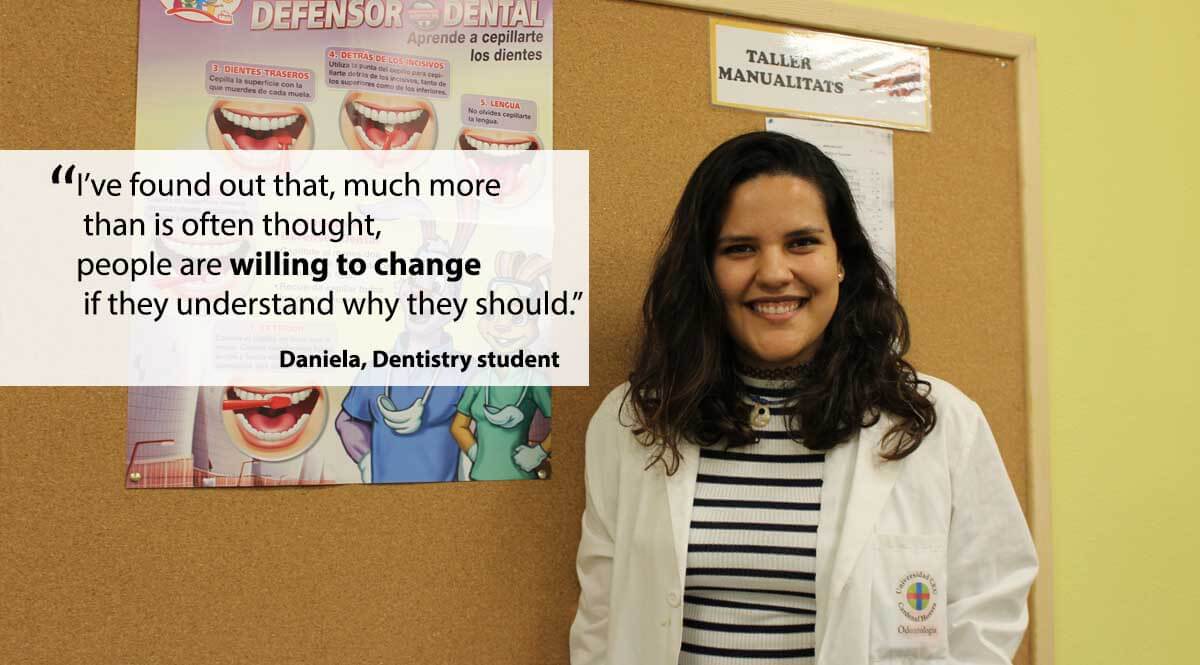
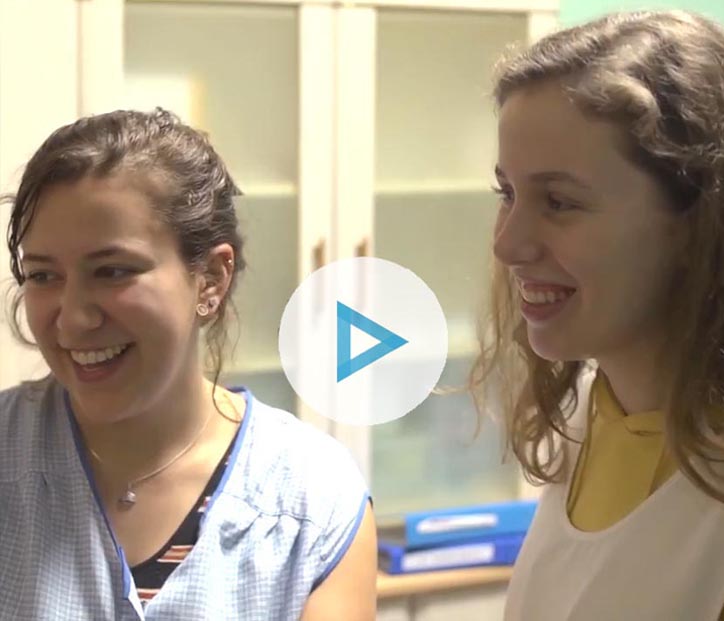
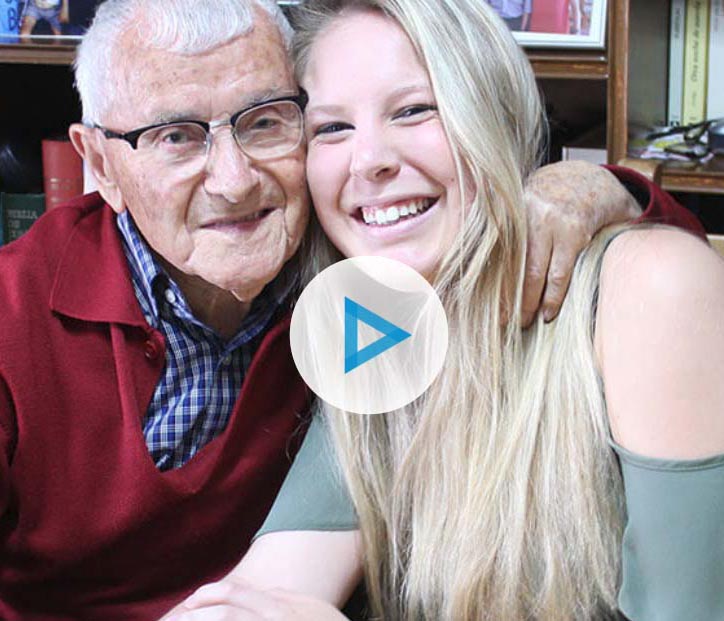
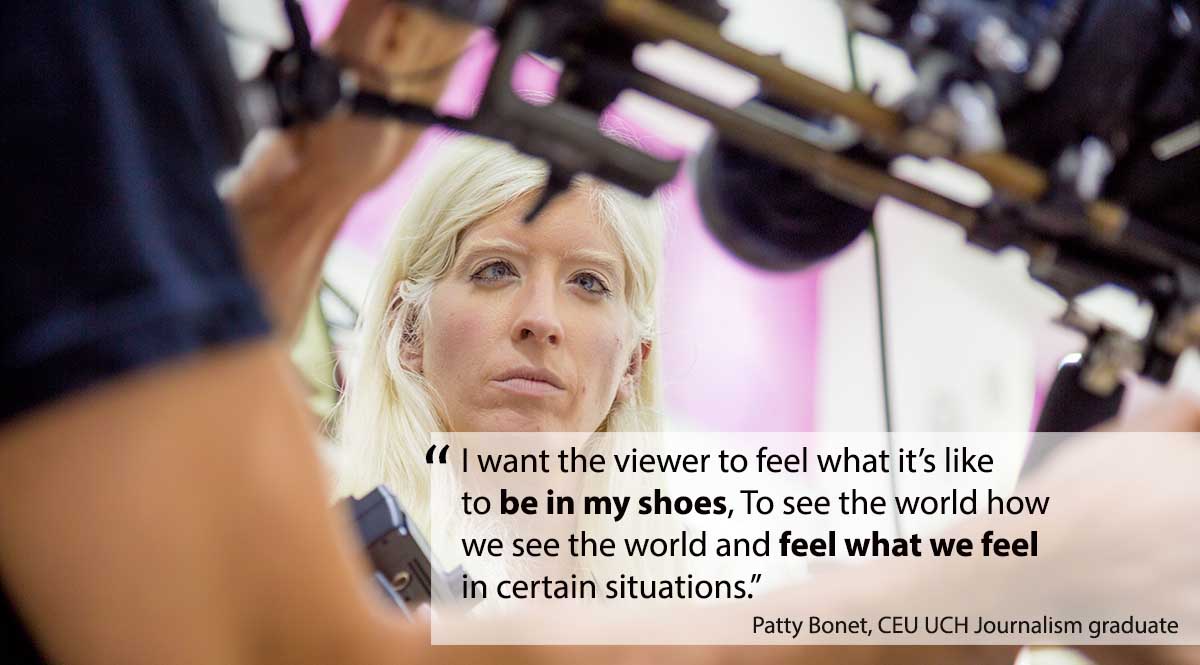
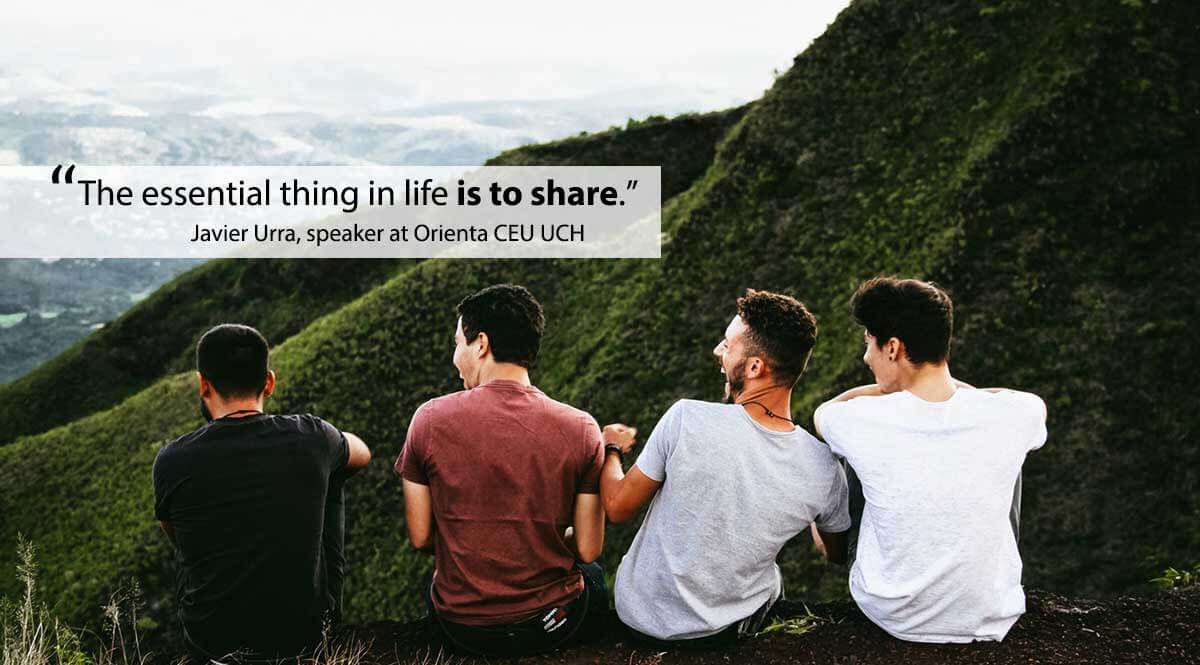
Arquitects of solidarity in Cambodia
Mireia Llorens, Hajar El Mekkaoui, Mireia Garrigues, Gema Pérez, Dana Baharv and and Sergio Villar, all students at the University, decided to organize their own “ideal” end-of-degree trip. They went to Cambodia to lend a hand on a construction project.
Education and solidarity: the key to changing the world
Ana Blanco thinks that education is the key to bringing privileged society out of its comfort zone, as it facilitates the development of critical thinking and commitment to others – which also leads to happiness.
Filming ’56’ It’s the most enriching experience I’ve ever had
56 kilos of rice is what it costs to send a child to school.
Filmed over the course of 19 days in Madagascar, with no production budget, just 5 people on the production team and using their own materials, two CEU Cardenal Herrera University graduates were members of the team: David Doubtfire (soundman) y Genís Benavent (visual effects).
CEU volunteering missions Commitment without borders
Senegal, the Philippines, Ghana and Malawi: the destinations for CEU international missions, which represent the commitment to volunteering within the university community. These initiatives are evidence of the vocation to serve society which is an integral part of the CEU identity.
The social side of our design: Free Design Bank Commitment without borders
The CEU Design lecturer Manuel Bañó and CEU graduates Carmen Guijarro and Nacho Errando, together with the historian Amparo Balbastre, showed their solidarity with others in this design initiative.